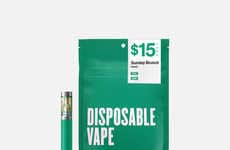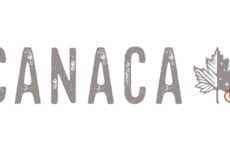



Brands in the cannabis space aim to knock down various barriers to access
Trend - Whether they're barriers related to education, cost or mobility, accessibility in the cannabis space is slowly being addressed as the drug becomes legalized across Canada and the United States. By removing some of the barriers associated with legal cannabis consumption, brands are able to ensure that the industry begins operating for the betterment of more demographics.
Insight - With the ever-expanding North American cannabis industry has come concerns related to the cost of products, or a lack of education about the plant for those who might find it useful, but are less familiar with its properties. Brands that are able to close this gap are appealing to consumers who would otherwise lack access to resources that would allow them to consume cannabis—which is particularly crucial for those who could benefit from it medically.
Insight - With the ever-expanding North American cannabis industry has come concerns related to the cost of products, or a lack of education about the plant for those who might find it useful, but are less familiar with its properties. Brands that are able to close this gap are appealing to consumers who would otherwise lack access to resources that would allow them to consume cannabis—which is particularly crucial for those who could benefit from it medically.
Workshop Question - How could your brand reduce barriers to access within its space?
Trend Themes
1. Accessible Cannabis - Brands addressing barriers to access for cannabis have disruptive innovation opportunities in accommodating demographics lacking resources and knowledge about the plant's properties.
2. Cannabis Education - Educational cannabis platforms have disruptive innovation opportunities in tapping creative agencies and developing user-friendly, professional, and informative identities.
3. Low-cost Cannabis Products - Making cannabis available at low cost has disruptive innovation opportunities in challenging the black market, driving customers into compliant shops, and producing high-quality goods.
Industry Implications
1. Healthcare - Addressing barriers to access for cannabis has disruptive innovation opportunities in accommodating people who could benefit from it medically.
2. Food and Beverage - Cannabis confection cookbooks have disruptive innovation opportunities of creating low-dose recipes for amateur and advanced cannabis users.
3. Retail - Low-cost cannabis products have disruptive innovation opportunities in challenging the black market and selling exclusively in licensed dispensaries.












































